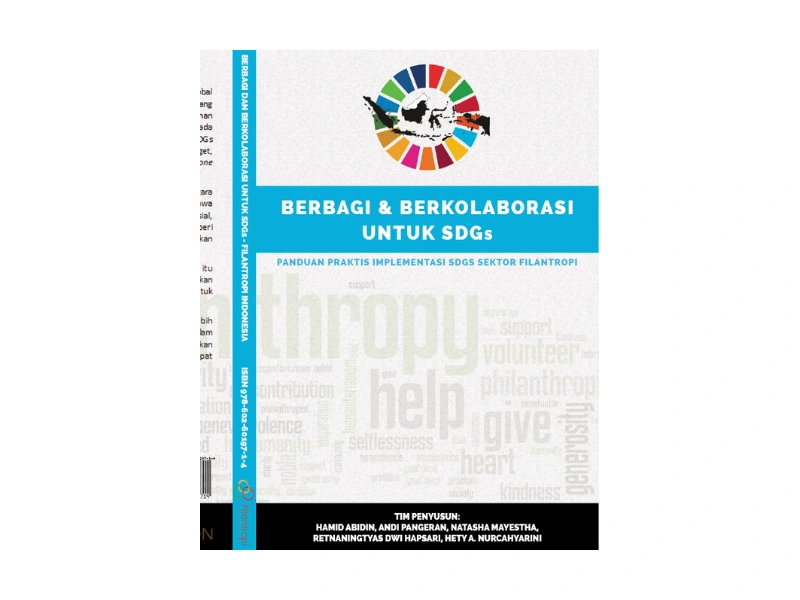
Publication Date : 16 November 2020
Source : Indonesian Philanthropy Association
Document Type : Guidelines
Sustainable Development Goals (SDGs) is a global development framework to replace the Millennium Development Goals (MDGs) that ended in 2015. The SDGs are planned to be used to frame the national development plans of countries around the world for 15 years ending in 2030 with the support of 193 UN member states. The SDGs transformative action plan is much broader than the MDGs, as it comes with 17 goals, 169 targets and 240 indicators. The SDGs uphold the principle of universality, intergration, dan no one left behind.
Universality This means that the SDGs are implemented by all countries, both developed and developing. While integration means that the SDGs are implemented in an integrated and interconnected manner across all social, economic and environmental dimensions. Lastly, no one left behindThe SDGs should benefit all, especially the vulnerable, and their implementation should involve all stakeholders.
This SDGs guidebook aims to briefly introduce what the SDGs are and how they are implemented in Indonesia. It will also explain the reasons why philanthropic organizations need to be involved to support the success of SDGs along with the challenges.
It is hoped that with this guidebook, readers will be able to get to know the SDGs better so that there will be no misconceptions about the SDGs. This book will provide examples of SDGs implementation that have been carried out by non-profit organizations in Indonesia. Hopefully this SDGs guidebook can be useful.

Jl. Angkasa No.55, RT.7/RW.5, Gn. Sahari Utara, Kecamatan Sawah Besar, Kota Jakarta Pusat, Daerah Khusus Ibukota Jakarta 10720